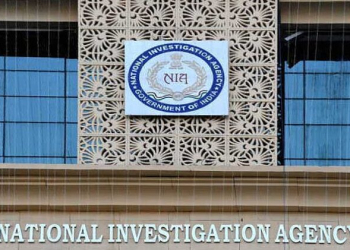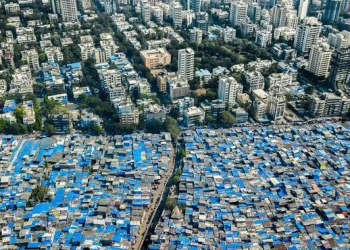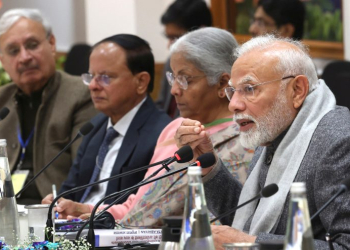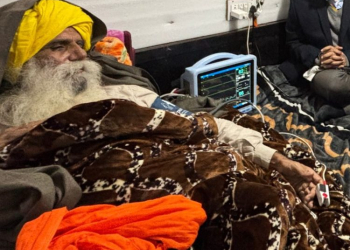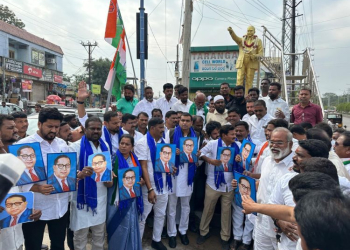New Delhi: Even as the national capital is seeing a dip in Covid cases, it may be time to reopen and get back to life, but with adequate precautions, said experts here on Thursday.
Delhi on Thursday reported 4,291 Covid cases, taking the active toll to 33,175. The state has also witnessed 34 deaths.
The daily positivity rate has declined to 9.56 per cent from 10.59 per cent.
The Delhi Disaster Management Authority (DDMA) on Thursday also decided to lift the weekend curfew and odd-even rule for shops in the market. However, the night curfew from 10 p.m. to 5 a.m. will continue in the national capital.
“Now that cases are falling in Delhi, weekend curfew, odd even rule has also been lifted, it is time to get back to our normal lives but with precautions like using mask in closed spaces, following social distancing and hand sanitisation,” Dr Ashutosh Sinha, HOD and Additional Director, Paediatrics, Fortis Hospital, Noida, told IANS.
Last week, Covid-19 cases also saw a decline in seven states and Union territories in the country.
In the week January 17-23, Delhi and West Bengal recorded the sharpest falls in cases. The national capital reported 81,741, down 96 per cent from the previous week’s tally of 1,60,240.
West Bengal logged a sharper drop, with numbers down 111 per cent in the week. Jharkhand reported an 83 per cent dip in cases in the week, follwed by Bihar (71 per cent), Goa (8.5 per cent) and Chandigarh (14 per cent). Chhattisgarh reported a nominal dip of 1 per cent.
The Chandigarh administration has also on Thursday decided to lift Covid-19 restrictions with the decline in daily positive patients.
However, with Covid virus, it is difficult to predict when normalcy will return, according to Navneet Sood, Pulmonary Consultant, Dharamshila Narayana Superspeciality Hospital.
“Nobody can say which variant will infect people and when. But, there is a bit of satisfaction that Omicron is not as fatal as Delta. Thus, the third wave is less dangerous in comparison to the second.
“We should hope that normalcy should return by the end of this year but not sure,” Sood told IANS.
The experts are also in favour of reopening schools and colleges, but with due precautions.
The third wave was expected to be much severe for children, particularly since there was no vaccines approved for them.
“Even though the number of children who got Covid are more than that compared to second wave, still the hospitalisation and deaths have been very less,” Sinha said.
India has also rolled out Covid vaccinations for teenagers aged 15-18.
“Since everything is open apart from schools and we are still seeing infections in children, I feel schools should not be considered as a potential place for the spread of infection. We are not helping kids by closing the schools and opening every other thing,” Sinha said.
He noted that most infections among children were from their parents who have been going out and bringing the infection home. The other sources has been from function and parties they have been attending as well as going out for shoppings etc.
“Upto intermediate level colleges and universities should be open. Along with that a vaccination drive is must for school, colleges and universities. We cannot wait more because students have already suffered a lot in their education,” Sood told IANS.
The experts opined that the government should allow the schools to open as children are facing adverse effects of staying at home.
Their education is severely affected, and they are also lagging behind severely in their vocabularies and learning skills.
There is also loss of social skills, cognitive functions and language development. There is no discipline in eating habits, sleep and wake time.
Lots of children are also showing signs of withdrawal, apprehension on seeing strangers, panic and anxiety disorders.
“If we don’t open schools very soon, I am afraid we may cause irreparable damage to our children which would have a very long lasting effect, much longer and worse that what Covid is doing to kids,” Sinha said.
(IANS)



